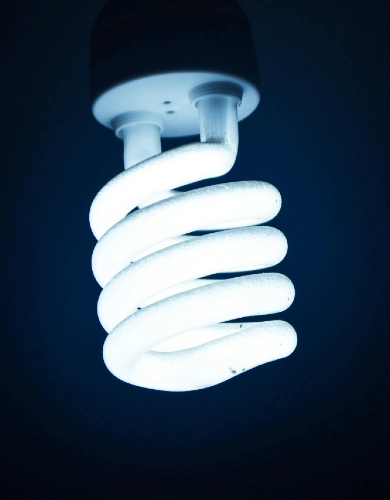8 reasons why you should get a home battery system
The era of distributed grids is upon us, as households worldwide are turning away from traditional power stations and increasingly generating and storing their own energy.
And home energy storage (battery) systems are at the centre of this revolution, turning intermittent renewables like solar PV into full-fledged mini power stations with enough benefits to write an entire book.
But instead of a book, here are 8 reasons why getting a home battery pack is a no-brainer!
Contents
- 1. We’re increasingly power dependent
- 2. Wobbly electricity prices
- 3. Power cut protection
- 4. Get paid by the grid
- 5. Empower your solar power
- 6. Cheap EV charging at anytime
- 7. Electricity Arbitrage
- 8. Ensuring the current battery price
- What home battery system are available in the UK?
- Conclusion
1. We’re increasingly power dependent
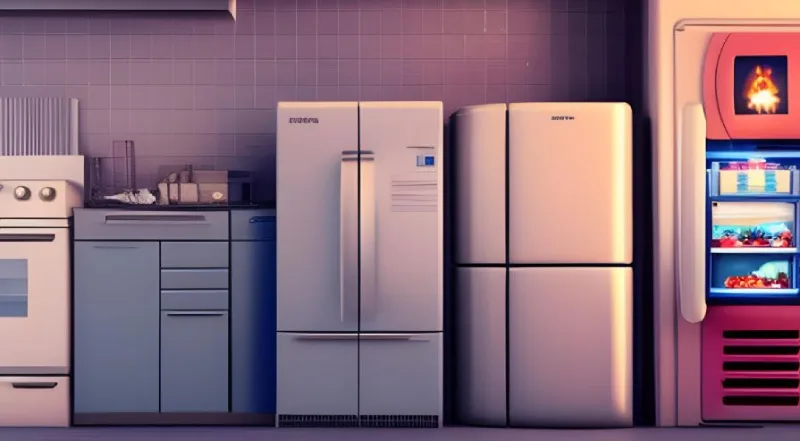
The energy transition is more than just the rollout of large-scale renewables; it is about the electrification of everything.
We’re already seeing this change in two crucial sectors: heating and transport. Petrol cars are swiftly being replaced by EVs, and gas boilers are quickly giving way to heat pumps and shallow geothermal systems, which can also cool down your property in the summer.
Moreover, telecommunications and smart systems are taking over households; the analogue world is going digital. Smartphones and stable broadband have become essential, and even simple devices like doorbells are now fully digital -i.e., power-dependent.
As we become more dependent on power, having a home battery system allows you to be smarter and more resilient with your energy usage. It enhances your energy independence from the national grid and your energy supplier.
The reality is that we can’t always rely on the government to do everything and get it right every time, which leads us to our next point…
2. Wobbly electricity prices
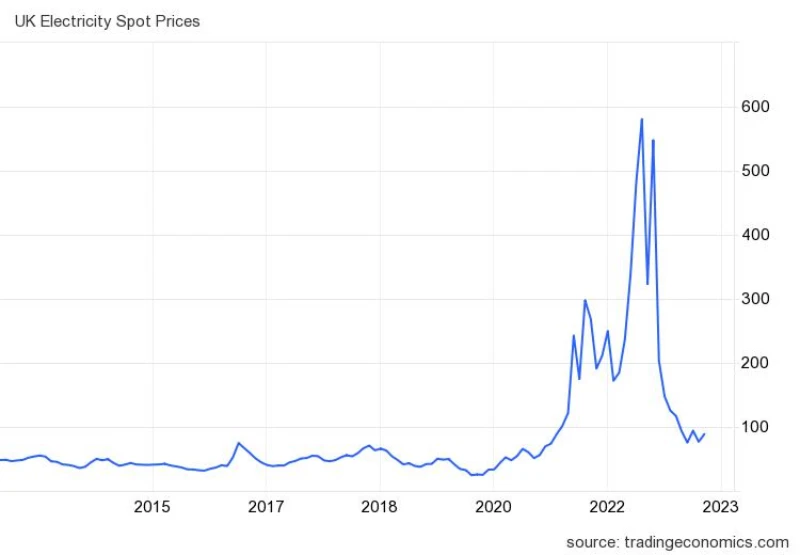
Our world is becoming increasingly unstable, with many arguing that climate change is the root cause. This instability is putting pressure on supply chains, leading to subtle but significant disruptions across the globe.
Forest fires are shutting down factories, and unreliable rains are causing crop failures – you get the picture.
The UK sources much of its electricity from renewables, which depend on weather conditions becoming more variable each year. During cloudy summers, the UK tends to rely more on its remaining gas power stations, which still supply a large portion of the country’s energy.
However, the price of NatGas electricity hinges mainly on the state of the natural gas market, both in the UK and abroad. Despite having some of its supply covered by UK-administered North Sea gas fields, the UK still needs to import a significant amount to meet its demand, as it is heavily reliant on gas for heating and other applications.
Unfortunately, the price of natural gas is far from stable. The recent supply shock, triggered by Russia turning off the gas tap following its invasion of Ukraine, has caused a spike in natural gas prices across Europe. This has led to a scramble for LNG from the US and the Middle East.
But, when you have a home battery, you can mitigate the impact of these fluctuations. By taking advantage of electricity arbitrage, you can reduce your bills by recharging your battery with cheap electricity at night and discharging it when electricity is expensive.
We can’t predict the future, but factors ranging from weather to political instability to natural disasters (which are inevitable) will continue to influence electricity prices.
3. Power cut protection
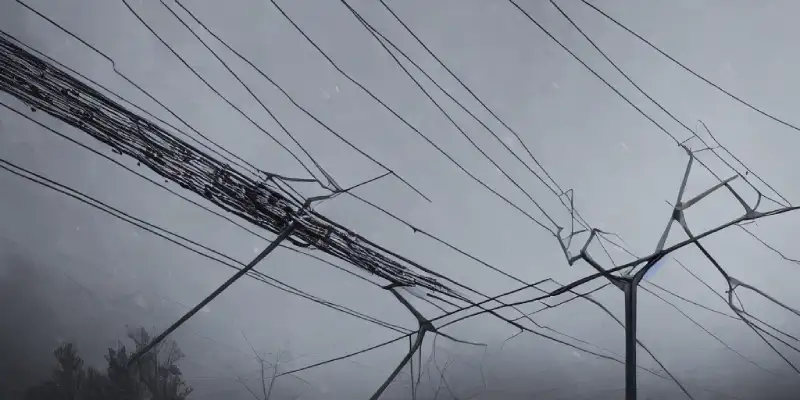
Power cuts in the UK are rare, but they do happen. Storms and car accidents can knock out power lines, and power stations may suffer from mechanical failure.
When this occurs, our high-tech homes suddenly become obsolete due to our dependence on the power supply. Your fridge will start warming up, your heat pump won’t work, and you won’t be able to charge your phone.
Enter the home battery system, acting like an emergency power generator and providing you with electricity for the essentials. Even with low capacity, you can still run the basics like your fridge, heat pump, and the plug that powers your broadband and smartphone charger.
Some batteries even come with smart power management that ensures the batteries are fully charged before any weather warnings!
4. Get paid by the grid

The UK’s national grid is responsible for maintaining a stable power supply nationwide. However, with the recent growth of commercial renewable energy and the closure of coal power stations, the national grid’s ability to stabilise the grid has been hampered.
Electricity demand fluctuates throughout the day and the seasons, and there are times when significantly more electricity is needed, sometimes more than expected! Consider an unusually cold winter day at 7 p.m. when everyone is at home cooking and using all the appliances simultaneously, coinciding with a significant event like a Champions League knockout match.
In such situations, the grid must quickly ramp up power generation, a task usually handled by coal or natural gas plants with spinning reserves (idle capacity ready to be switched on). But as these installations are being phased out, the grid is exploring other ways to manage shifting electricity patterns, including the scenario described above.
To address this, the national grid recently launched a Demand Flexibility Service, where consumers are paid for reducing their electricity consumption by turning off appliances at peak times when notified by their electricity provider, helping to ease the strain on the grid.
With a home battery system, you can fully benefit from this service and earn money by supporting the grid! Simply ensure your home battery is fully charged before the service is needed, and run your home from the battery during peak times.
5. Empower your solar power
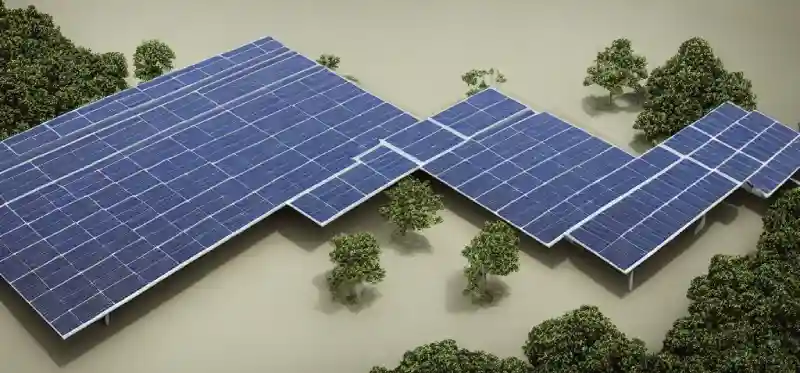
In most cases, home battery systems are installed alongside solar panels, which are undoubtedly the most popular micro-renewable generators.
These panels allow you to generate electricity during the day but won’t produce anything at night. A battery system to store any excess daytime electricity from your panels can enable you to become fully electricity-independent if you have enough capacity. With solar panels alone, you can only cover your daytime consumption and sell any excess back to the grid at predetermined rates.
A home battery system elevates you from merely being a part-time generator to a full-time, reliable power station. Instead of ‘renting’ electricity from the grid, the cost savings go towards paying back your long-term investment! It’s like the difference between renting and paying off your mortgage – a no-brainer.
Even if you only have enough solar to partially cover your consumption and enough battery capacity for emergency use, you will still save money. You’ll be better protected from fluctuating electricity prices, and you’ll be able to participate in profitable electricity arbitrage strategies, especially if you have an “Agile tariff” from Octopus Energy.
6. Cheap EV charging at any time
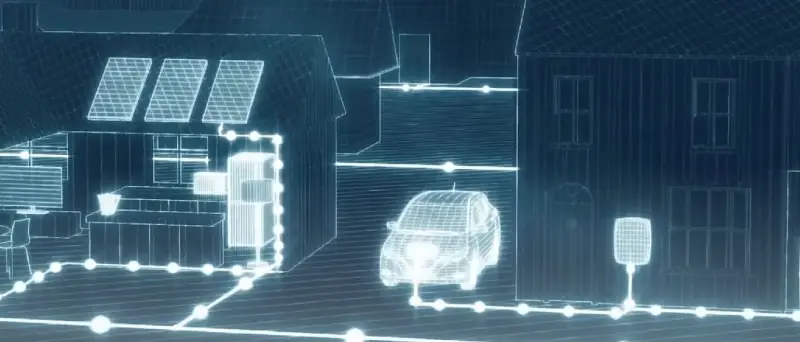
If you have an EV, you’re likely signed up for a variable electricity tariff or even an EV tariff to charge your EV with cheaper electricity at night.
This is convenient for most people who leave with their EVs in the morning to go to work and come back in the evening, ready to recharge their vehicle at the end of the day.
However, this arrangement isn’t suitable for everyone. For example, EV taxi or delivery drivers may work shifts during off-peak electricity times and need to charge when electricity is significantly more expensive, incurring unwanted costs.
One solution is a fixed tariff, which is generally more expensive than taking advantage of cheap off-peak electricity. A better solution is to install a battery in your home or business to continue benefiting from low electricity rates at any time. You can avoid higher costs by charging the battery with cheap electricity and discharging it into the EV whenever needed.
7. Electricity Arbitrage
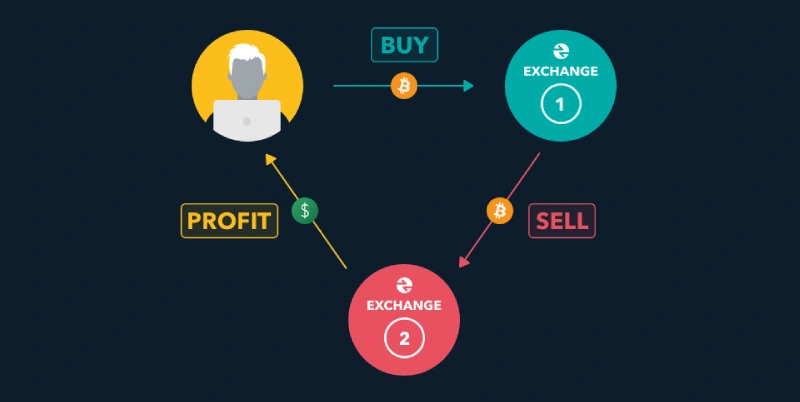
The practice of ‘arbitrage’ is typically the domain of Wall Street traders, not regular owners of solar panels and battery systems. However, this is rapidly changing as the times are a-changin’ and the energy transition is in full swing.
Anyone equipped with a fine-grained variable electricity tariff, like Octopus Energy’s Agile, can embark on innovative electricity arbitrage strategies that can quickly repay any initial investment and even turn it into a profitable business, even before any regulations truly take notice of the possibilities.
Essentially, you can have a smart system run by a centralised algorithm that optimises electricity generation from panels, recharging/discharging of the battery, recharging of appliances, and importing/exporting power to and from the grid.
In the ideal system, your panels generate enough electricity to cover your personal usage and sell the excess to the grid at peak times when electricity is expensive, and recharge your storage capacity when electricity is cheapest or from your own generation.
Of course, you can choose when to prioritise battery recharge for emergencies or discharge when grid services are required!
Here is a detailed electricity arbitrage strategy for a UK home.
8. Benefit from cheap battery prices
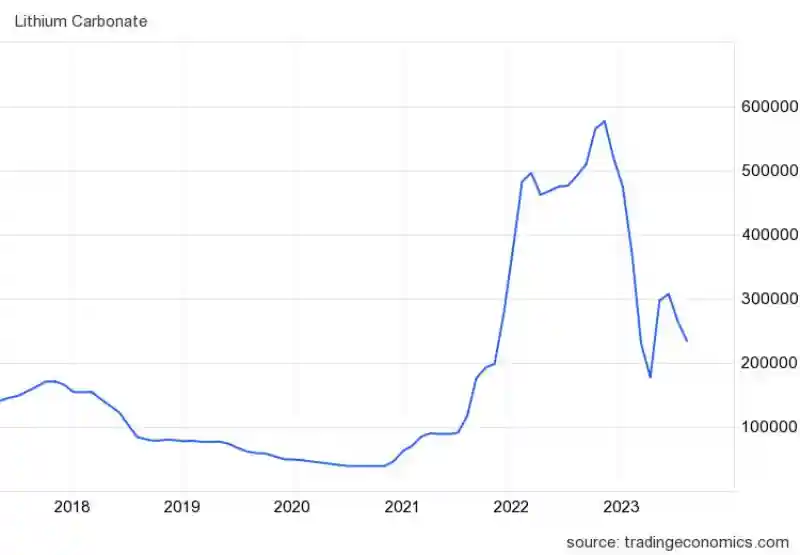
This reasoning can work both ways. Buying a battery system now could put you in an advantageous position for arbitrage or for future solar power installations.
You might already be able to create an effective electricity arbitrage strategy, and purchasing a battery now could help you avoid potential future price increases for batteries. While Li-Ion batteries lose capacity over time, they should remain effective for around a decade.
Li-Ion batteries rely on extensive supply chains, and electricity prices are volatile. Sudden changes in either of these factors could significantly impact future battery prices.
However, energy storage is among the fastest-evolving technologies, with flow batteries emerging as one of the most promising alternatives. They offer greater durability and scalability and are theoretically more affordable than Li-Ion technologies.
What home battery systems are available in the UK?
Alright, enough of the theory; I’m convinced, and I want to get a home battery system. What options do I have?
There is a growing number of home battery systems available in the UK. Here’s a list of available manufacturers (as of August 2023) and the countries where the companies are based.
| Manufacturer (Model) | Country | Note |
|---|---|---|
| Tesla (Power Wall) | U.S. | The 'Apple' of Li-Ion battery tech. |
| Enphase (Encharge) | U.S. | One of the oldest and largest manufacturers. |
| Duracell (Energy Bank) | U.S. | One of the best-known portable battery brands. |
| LG (Chem LV) | South Korea | Well-known for its electronic appliances. |
| Samsung (LDI) | South Korea | Well-known for its electronic appliances. |
| Moixa (Smart Battery) | UK | Recently acquired by UK-based Lunar Energy |
| PowerVault (P4) | UK | UK-based, compatible with Octopus Energy. |
| Nissan (xStorage) | Japan/U.S. | In partnership with American Eaton. Well-known for its cars! |
| Varta (wall/pulse neo) | Germany | Major German battery manufacturer |
| SolaX (G-series) | China | Major chinese manufacturer and exporter of Li-Ion batteries. |
Note: All of these are Li-Ion batteries. As of August 2023, no flow batteries are available commercially, but expect to see them in the coming years!
Conclusion
Without a doubt, energy storage is part of the future. It’s a cornerstone of a distributed grid and the energy transition.
But there’s a difference between having large-scale energy storage that the national grid decides how to use and having your own batteries at home that YOU, as the owner, can decide how to use.
Is it your priority to recharge your EV whenever you want at cheap rates? Or perhaps your aim is to reduce electricity bills as much as possible without investing in a large, expensive system?
Or maybe you have some money saved up and want to invest in a profit-making enterprise that will not only make you energy-independent but also yield a profit.
Home energy storage systems are opening up a whole new world of possibilities, and we believe that the sooner you get on board, the better!

